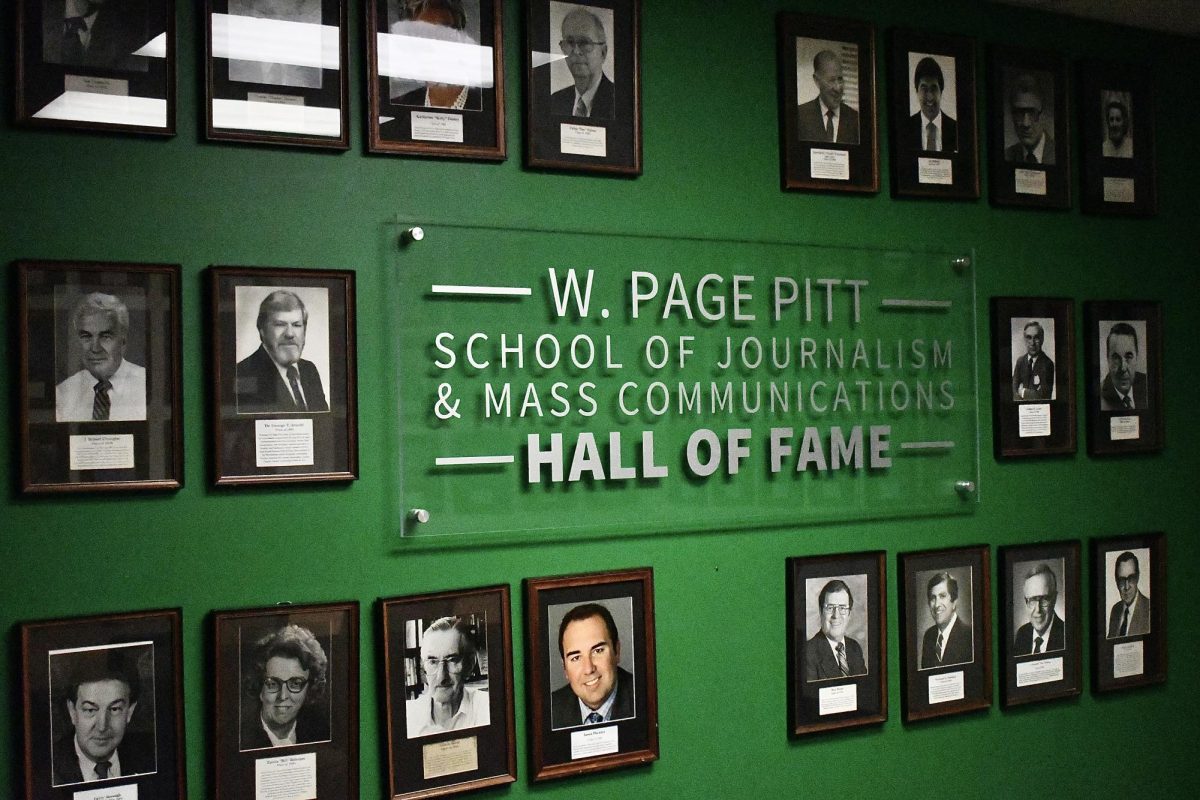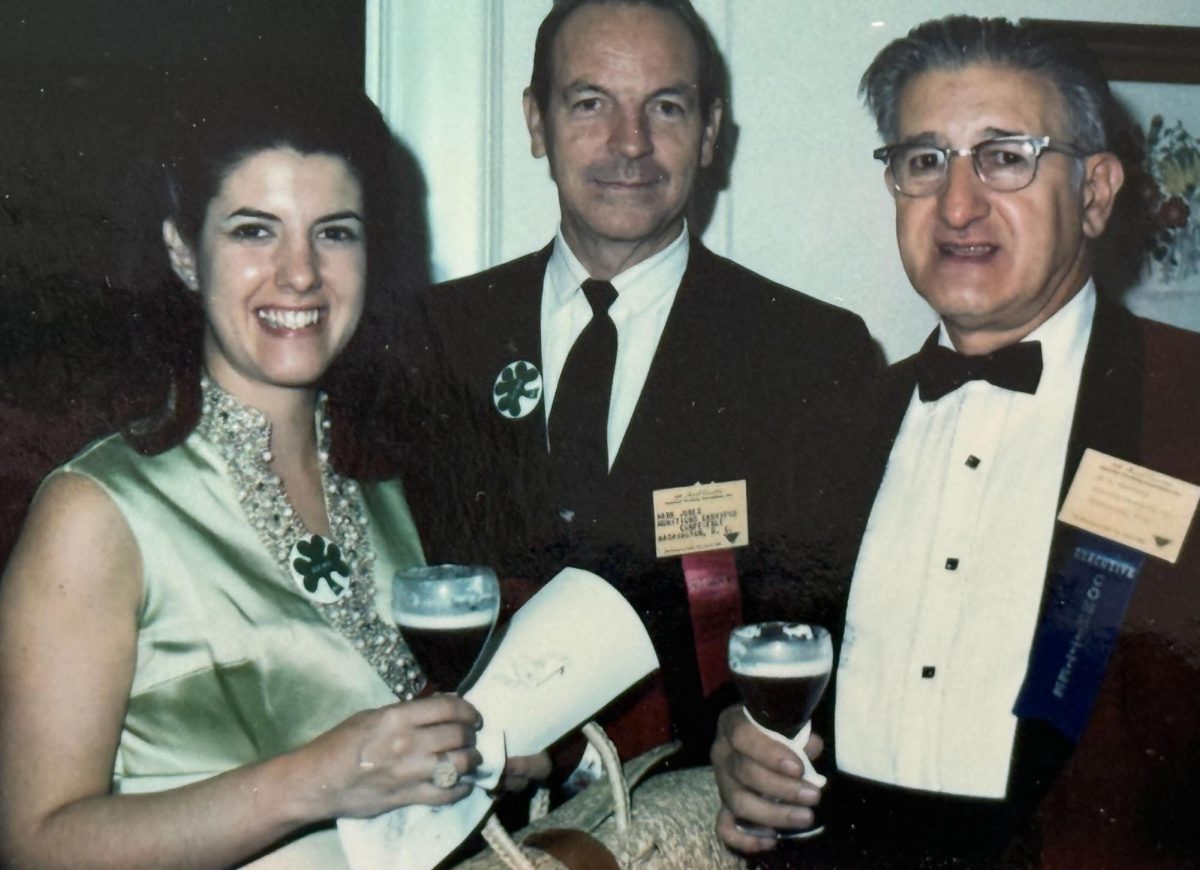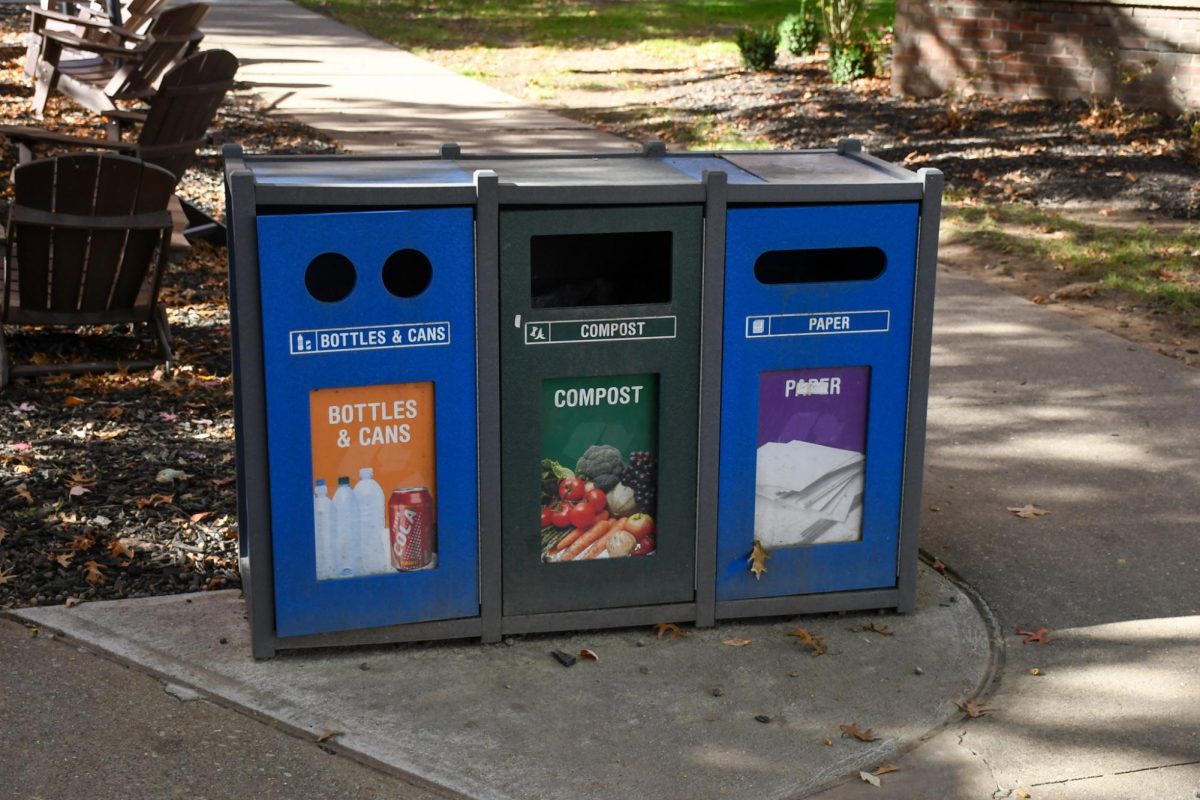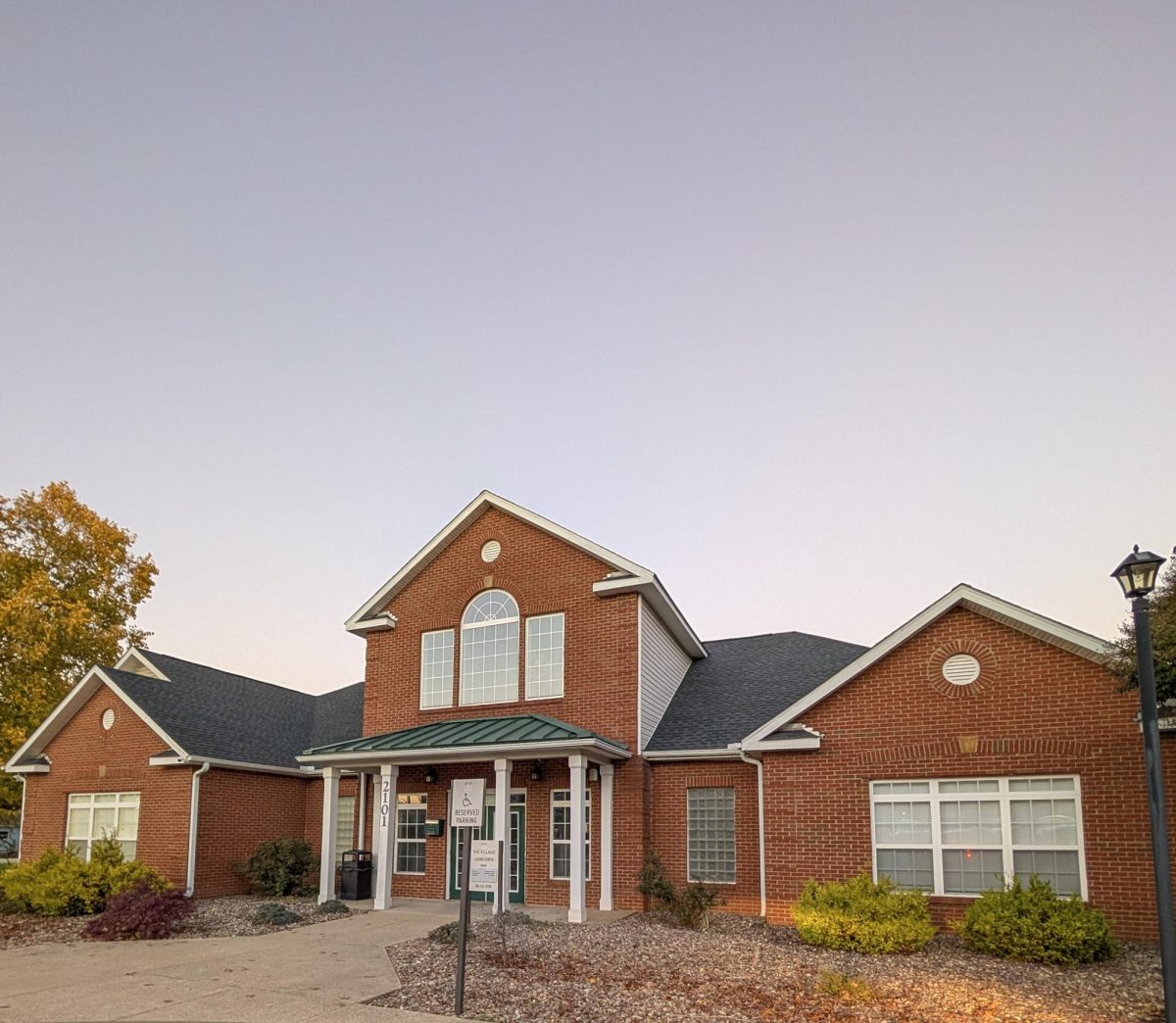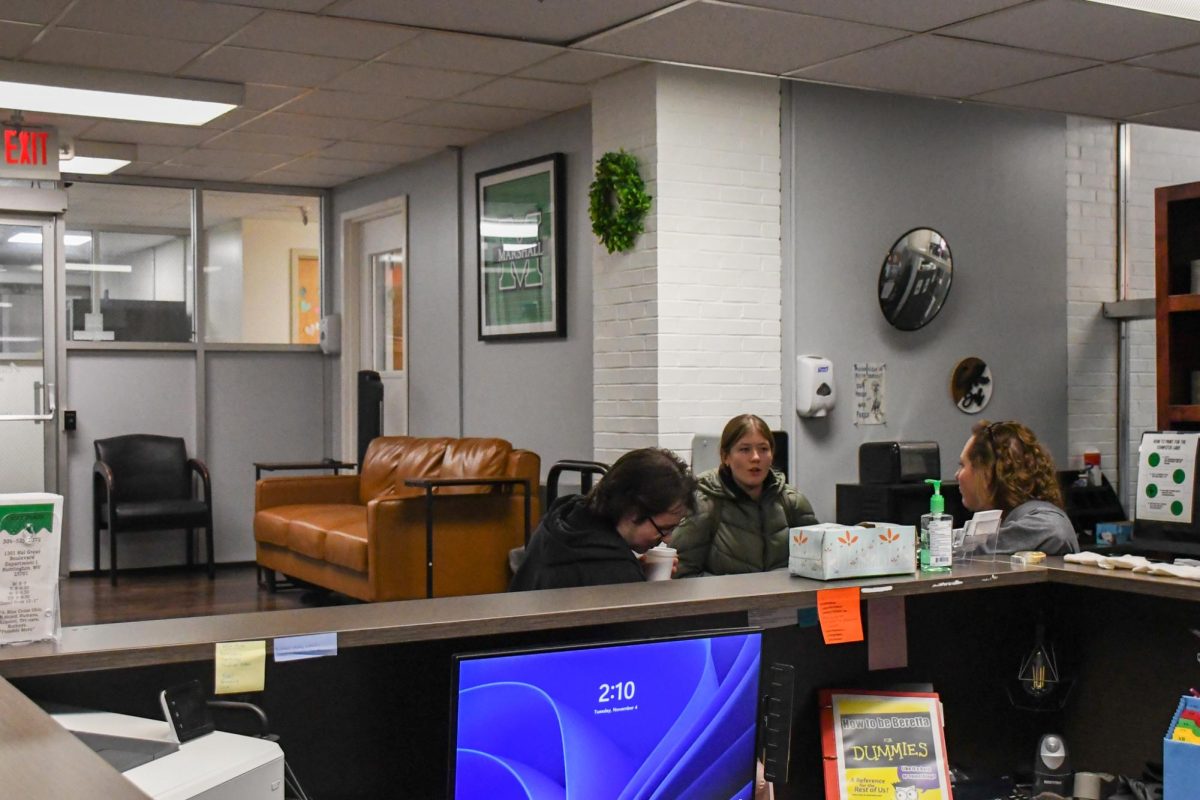When it comes to feeling safe downtown, some Marshall students say they’re typically comfortable, but several say the opposite.
According to a poll conducted by The Parthenon on social media, out of 152 student voters, just over half (51%) said they “generally felt safe in the Downtown Huntington area,” while the other 49% said they did not.
This sense of communal discomfort is what Mayor Patrick Farrell says he aims to combat with the new downtown patrol initiative that launched the last week of June.
“We’re taking clear, visible steps to make downtown safer, more welcoming and more responsive to the people who live, work and visit here,” Farrell said in a press release. “This effort isn’t just about storefronts. It’s about the people behind them: workers, families and neighbors who want to feel proud of and safe in their city.”
The Parthenon also asked students if they would feel safer or less safe with more police on patrol downtown; out of 158 voters, 74% said a greater police presence would increase their feelings of safety in the area.
Led by the Huntington Police Department, the downtown patrol initiative will include foot and bike patrols, patrolling in city parking garages and the addition of a precinct in Pullman Plaza, which is set to open around mid-July.
Amongst speculation from the public around the city’s budget, City Councilwoman Tia Fix said funding has never been the issue, as the budget allows for 108 cops – a number of employees that has never been met. She listed danger, negative perception from the public and low pay as a few reasons why police force recruitment has struggled since 2020.
After raising the pay rate, the Huntington Police Department has seen an increase in officers in the past two years, which has allowed for some to be assigned to downtown patrol.
As the councilwoman for the downtown area, Fix said she has advocated to have more officers in district three since she began her tenure in 2020 because business owners and residents alike have directly contacted her about the issue.
Megan Smith, owner of Salon SAS Huntington, said she has only started noticing an increase in the public’s general discomfort in recent years.
Having started her hair career in Nashville, Smith said, “I do feel like in Huntington, that it had never really been that way. There hadn’t been an issue with vagrants or people walking the streets or asking for money until the past, probably 10 years – it’s just become increasingly more of a problem.”
Even so, Smith, whose business is on 9th Street in Downtown Huntington, said she, personally, does not find the area to be unsafe; however, she is aware that others around her may feel differently.
“I don’t think it’s an issue of safety, to be honest. I think that it’s an issue of making people feel more comfortable to come down in Huntington,” she said.
Although she has not experienced any unsafe situations since opening her business downtown, she said she has had potential staff members and clients turn down her business because of its location.
The Farrell administration’s initiative also recognizes the divide between safety and discomfort that Smith has noticed as a business owner in the downtown district. A press release sent out by the administration reads: “The goal is to ensure our efforts to enhance safety downtown, recognize the difference between criminal behavior and personal crisis, and respond accordingly.”
While Fix said the mayor’s office did not consult the city council in the process of developing this initiative, she imagines that, in action, recognizing this difference will involve connecting individuals in crisis with mental health liaisons rather than having the police department arrest them.
“Rolling up and arresting them or citing them for trespassing might not solve any issue. It’s just going to give them $250, $500 tickets when they already don’t have the money for it,” Fix said. “They could potentially be put in the regional jail for the weekend or something, and then they get right back out, and it’s not helpful.”
The mental health liaisons, which are allocated into the city’s budget, would arrive on-site with the officers, assess the situation and, if determined to be a personal crisis, help the individual get access to resources such as rehabilitation centers or forms for obtaining a driver’s license or an identification card.
“The social workers are there to help our police officers respond in non-lethal and non-escalated ways with our residents because everybody’s a resident, whether they’re on the street or whether they have a house,” Fix said.
With some social media users expressing concerns about the initiative making way for police intimidation and extortion, Fix said there will always be abuses of power in the world, but she remains hopeful that the police department will maintain ethical practices and that the public will speak out if it does not.
As for Smith, she said she hopes to see a change in the police department under Mayor Farrell’s administration, after receiving a low response rate from officers in the past.
While the patrol initiative is still in its early phases, Smith said she is wavering in her stance on it but feels it is a “step in the right direction.”
“I do think that patrol at Pullman and our street, on 9th, will be so helpful to the businesses that are really booming and doing a lot of business, and it’ll kind of deter those people that want to cause issues or trouble or just hang out and wander around to the other areas of the city,” she said.
Overall, Smith said she sees a need for more patrolling as a sign that Huntington is gaining more traction.
“I think that that’s just something that happens as cities grow,” she said. “And it’s great. It’s great that Huntington is growing to the point that we’re seeing things that happen in big cities that are growing and progressive.”
Baylee Parsons can be contacted at parsons406@marshall.edu.














